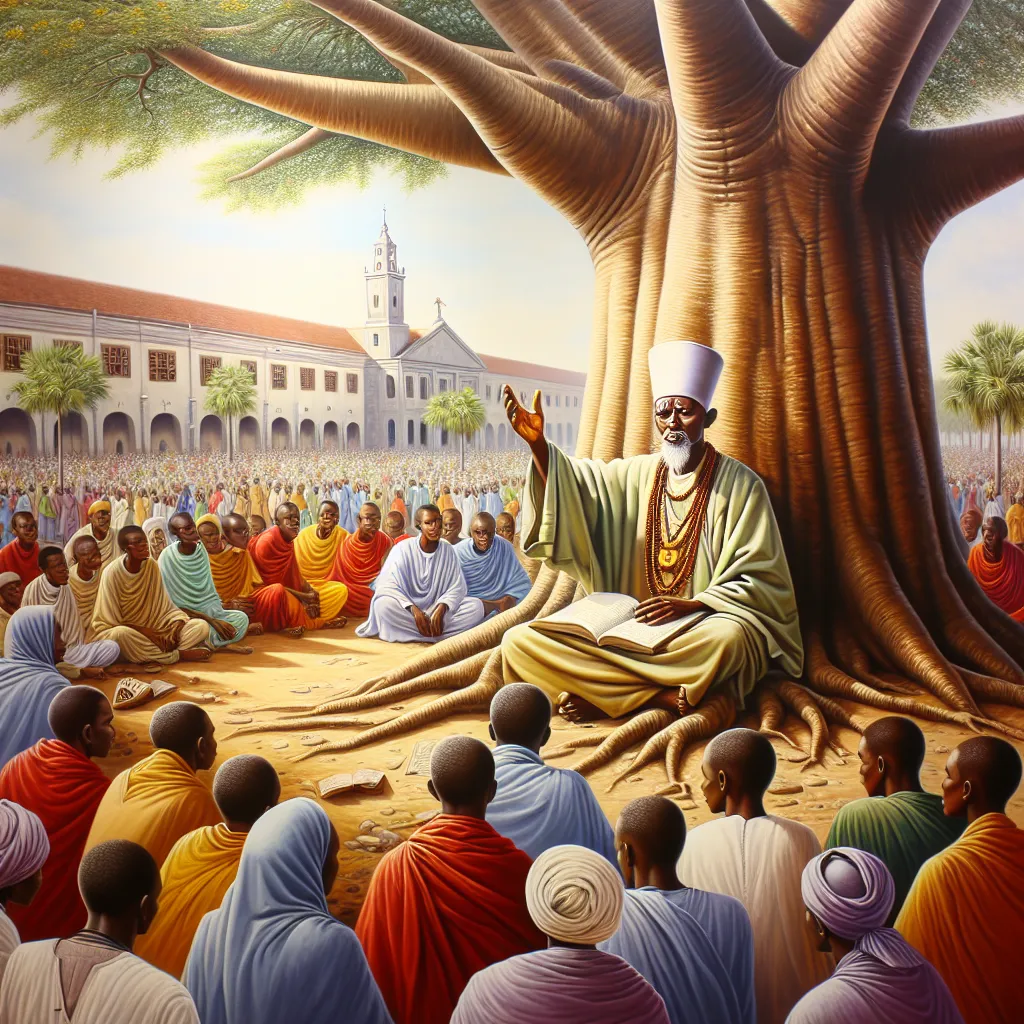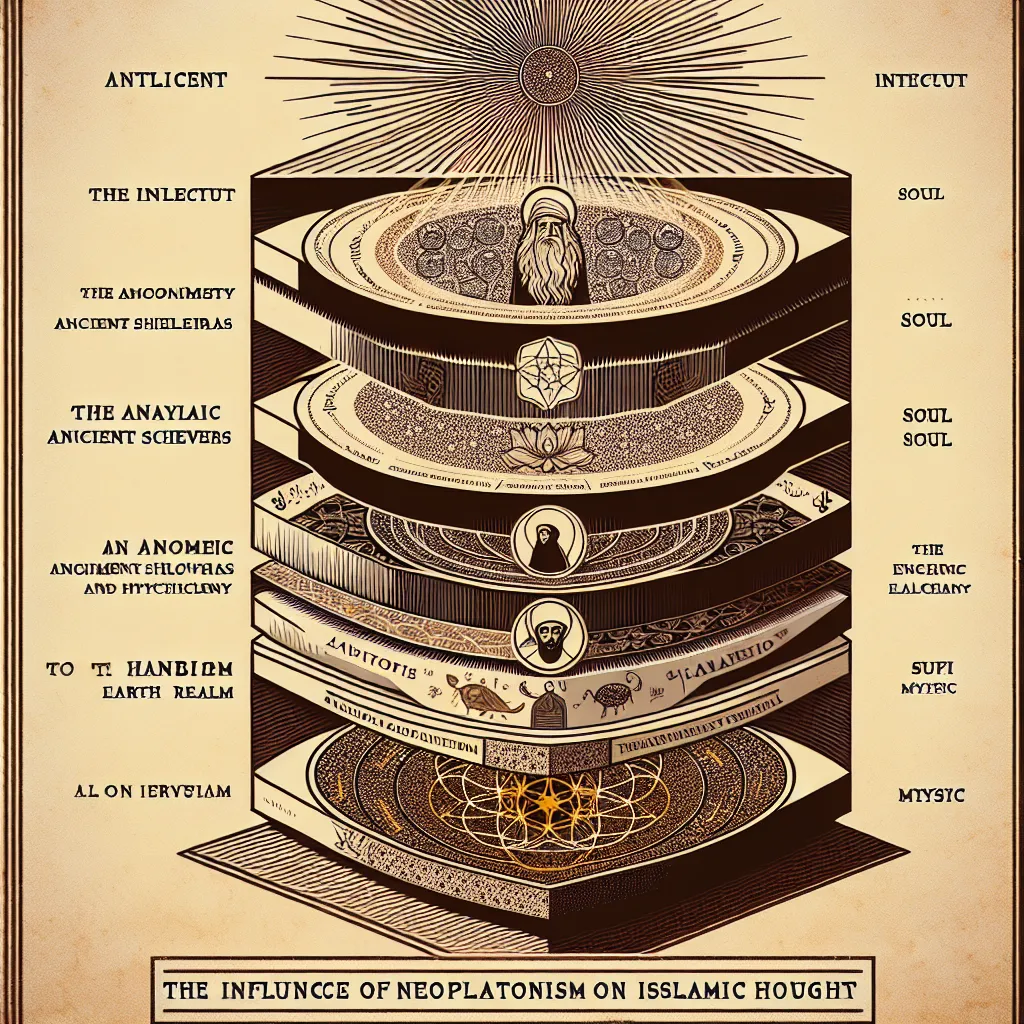In the vast expanse of human history, there are few phenomena as intriguing and complex as the cargo cults that emerged in Melanesia during the 20th century. These cults represent a fascinating intersection of religion, technology, and cultural misunderstanding, offering a unique lens through which to examine the impact of globalization on traditional societies.
To understand the cargo cults, we must first delve into the historical context in which they arose. During World War II, the islands of Melanesia, a region in the Pacific Ocean, were suddenly and dramatically introduced to the wonders of modern technology. Allied forces, particularly American troops, established airfields, roads, and other infrastructure on these islands, bringing with them an array of goods and technologies that the local populations had never seen before.
The islanders, who had lived in relative isolation for centuries, were awestruck by the arrival of these “great metal birds” that seemed to bring endless supplies of food, clothing, and other valuable goods. This encounter was not just a practical exchange but a deeply spiritual one. The islanders began to see the Western soldiers as gods or messengers of gods, and the goods they brought as divine gifts.
As the war ended and the soldiers departed, the islanders were left with a profound sense of loss. The cargo, which had become a central part of their lives, ceased to arrive. In an attempt to restore this flow of goods, the islanders turned to what might seem like an irrational solution to outsiders: they began to replicate the rituals they had observed the soldiers performing.
They built makeshift airfields out of bamboo, constructed towers, and even fashioned coconut shells into headphones. Their leaders would stand on these platforms, mimicking the actions of the air traffic controllers they had seen, calling out to the heavens in the hope that the cargo planes would return. This practice, though it may seem absurd to us, was a genuine attempt to reconnect with the divine source of wealth and prosperity they believed the Westerners represented.
This phenomenon is often described as a form of “cargo cult,” a term that encapsulates the blend of religious fervor and technological misunderstanding. It is a testament to the human desire to make sense of the world and to connect with forces beyond our immediate control.
However, the cargo cults also highlight the darker aspects of cultural contact and globalization. The arrival of Western forces was not just a benign introduction to new technologies; it was part of a broader process of colonialism and cultural displacement. The islanders were not just adopting new practices; they were also losing their traditional ways of life.
The impact of this cultural exchange was profound. Traditional societies were forced to adapt to new economic and social systems, often at the expense of their own cultural identities. The cargo cults, in this sense, were a form of resistance, a way for the islanders to reclaim some sense of control and meaning in a world that was rapidly changing beyond their comprehension.
This dynamic is not unique to Melanesia. Throughout history, the encounter between different cultures has often led to similar forms of cultural syncretism and misunderstanding. For example, the absorption of pagan rituals into Christian practices in Europe or the blending of indigenous and Catholic traditions in South America are all part of a broader pattern of cultural exchange and transformation.
The cargo cults also offer a compelling case study in the psychology of belief and the power of ritual. Despite the obvious failure of their efforts to summon the cargo planes, the islanders continued to perform these rituals with great fervor. This persistence speaks to the deep human need for meaning and the role that ritual plays in providing a sense of order and control in an uncertain world.
In modern times, the concept of the cargo cult has been extended beyond its original context. It has been used to describe any situation where people adopt the superficial trappings of an idea or practice without understanding its underlying principles. For instance, in software engineering, “cargo cult programming” refers to the practice of copying code or methods without grasping their true function or purpose.
This broader application of the term highlights the enduring relevance of the cargo cult phenomenon. It serves as a cautionary tale about the dangers of superficial imitation and the importance of genuine understanding and engagement.
As we reflect on the cargo cults, we are reminded of the complex and often fraught nature of cultural exchange. These cults represent a moment of profound dislocation and transformation, a time when traditional societies were forced to confront the realities of a rapidly globalizing world.
In today’s world, where globalization continues to reshape cultures and societies at an unprecedented pace, the story of the cargo cults offers a valuable lesson. It underscores the need for empathy, understanding, and genuine engagement in our interactions with other cultures. By recognizing the deep human desires and misunderstandings that underpin phenomena like the cargo cults, we can work towards a more nuanced and respectful approach to cultural exchange.
Ultimately, the cargo cults are a reminder that our encounters with others are always multifaceted and often fraught with misunderstanding. However, it is through these encounters that we can learn, grow, and find new ways to connect with each other and with the world around us.






